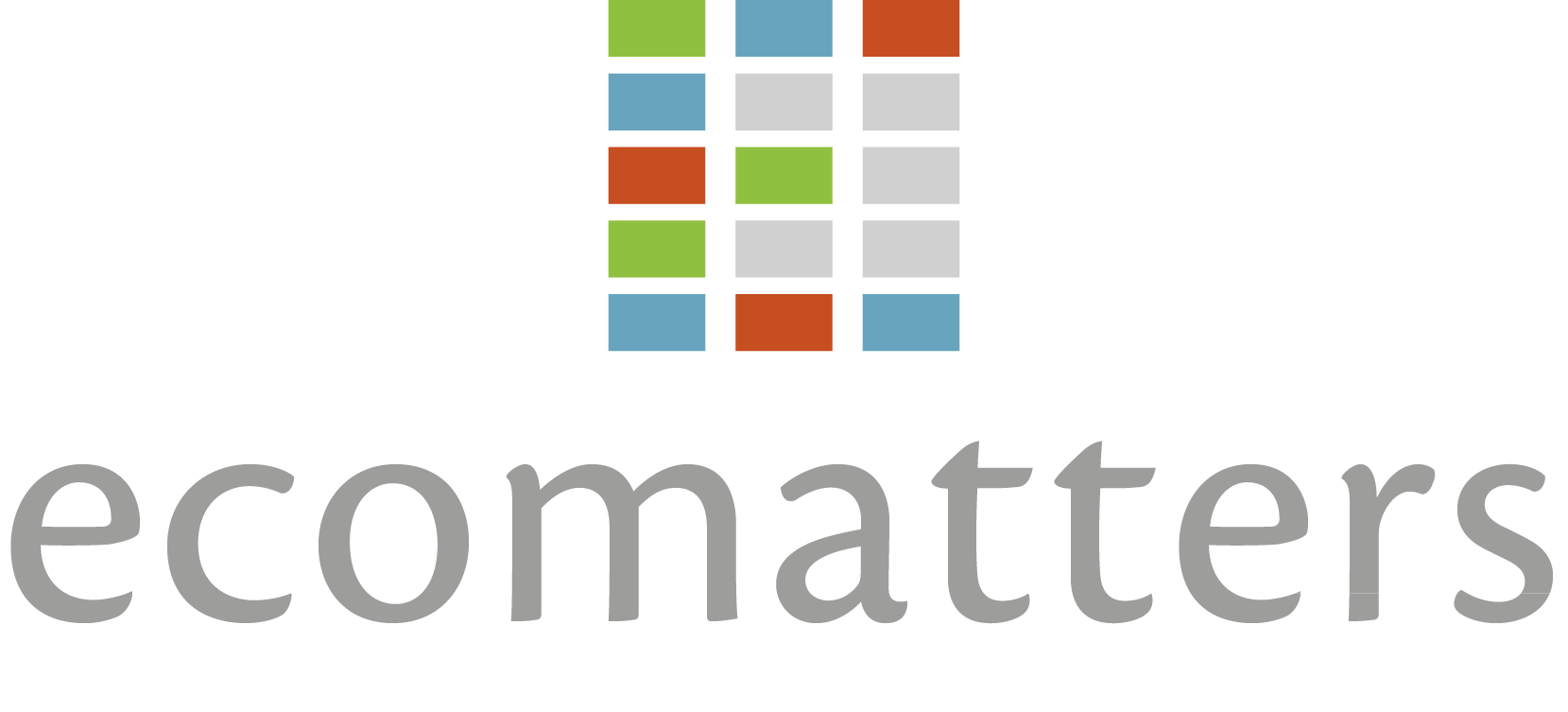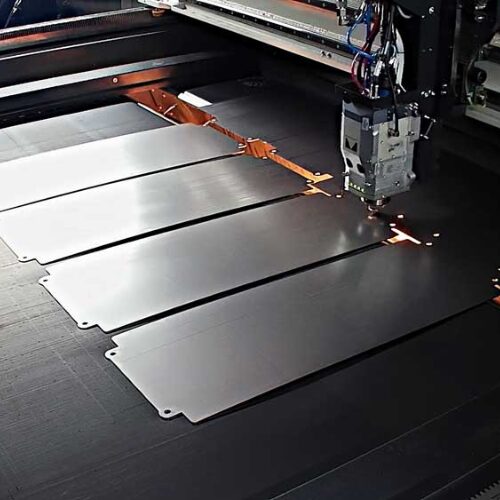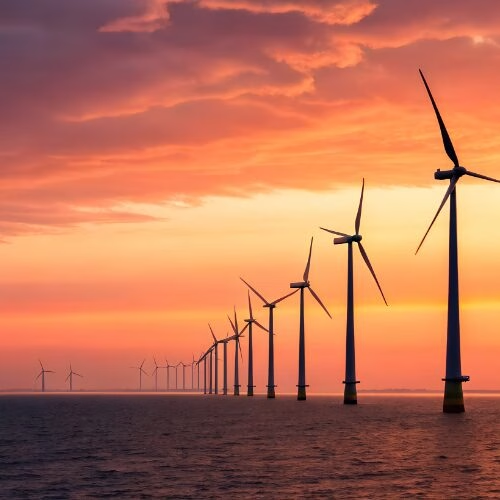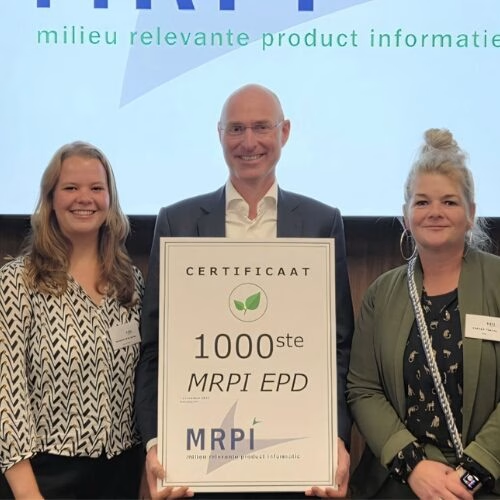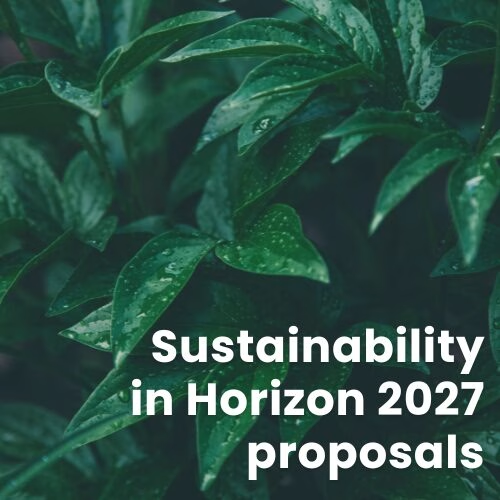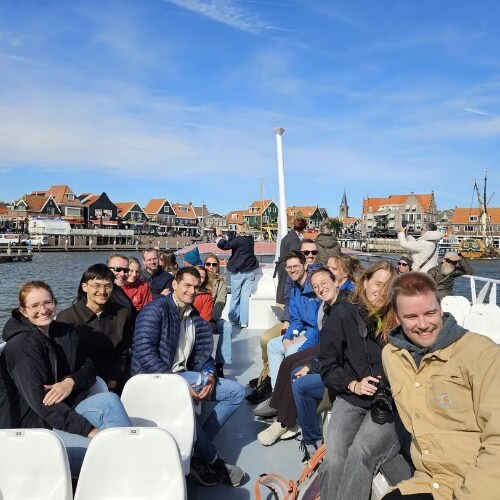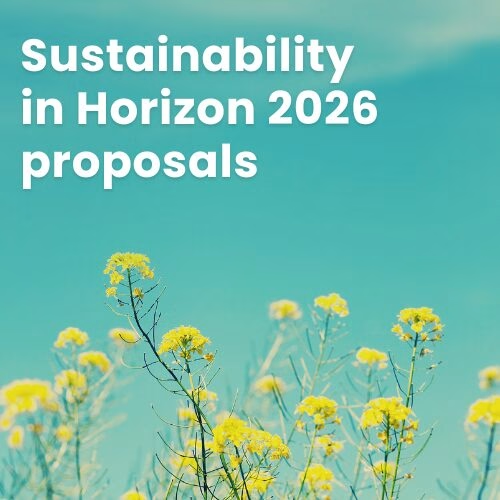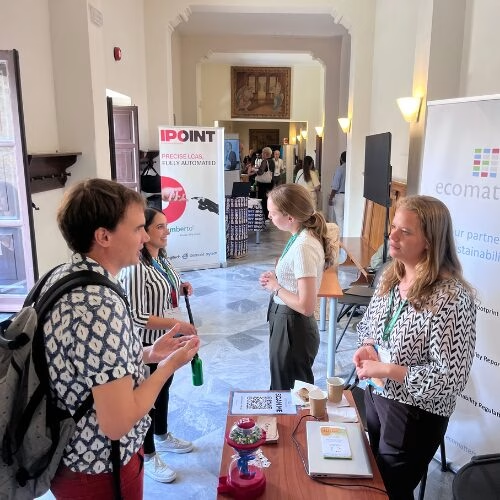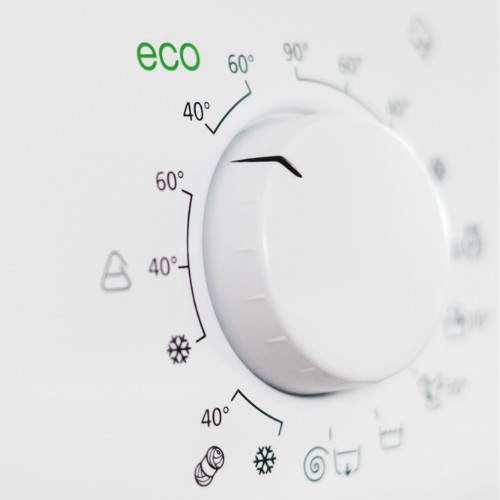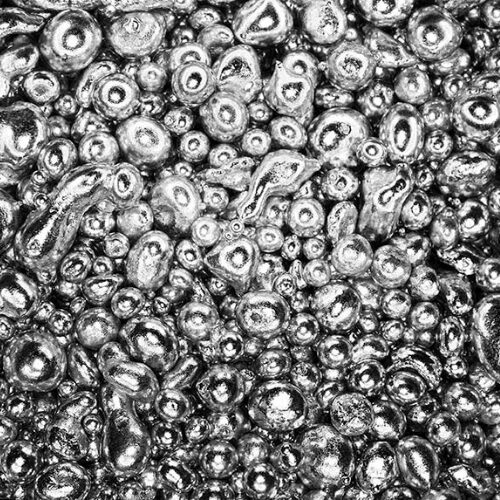LaserWay is a Horizon Europe research project which focusses on revolutionising the manufacturing industry through high-speed laser technology. Horizon Europe, the European Union’s (EU) research and innovation funding programme, supports projects with developing, supporting and implementing EU policies while addressing global challenges like climate change.
Ecomatters contributes to this research by providing expertise in Life Cycle Assessment (LCA). An LCA can be used to identify and analyse the environmental impact of the products and technologies developed within Horizon Europe projects. Through conducting screening and prospective LCAs, Ecomatters can also provide an estimation of the environmental impacts of products and technologies before they reach full maturity.
LaserWay technologies
The LaserWay project aims to enhance three existing laser technologies used in the production sector of several industries (e.g. the automotive and aerospace industries). These laser technologies are:
(a) Laser blanking on a moving coil, used for cutting out blanks/shapes on metal coil which are then further processed into final parts (e.g. for automobiles)
(b) Laser micro-drilling, which has use cases in the aerospace industry, and water filtering applications
(c) Extremely High-speed Laser Applications (EHLA), used in additive manufacturing for repair applications
The LaserWay project aims to improve the performance of these technologies in several regards. These include: improving the speed and efficiency, improving the robustness of the technologies and the quality of the outputs, reducing environmental impacts, and improving the resilience and flexibility of the technologies. All of this is done while keeping sustainability in mind, a key tenet of the LaserWay project.
Ecomatters’ role
Ecomatters is a consortium member in the project and is actively involved in the project’s sustainability aspects. To this end, Ecomatters have supported the research and design of the laser technologies by performing a screening LCA on the laser blanking and EHLA technologies. The main goal of these screening LCA studies was to highlight environmental hotspots within the lifecycles of the laser technologies. These hotspots can be considered when moving forward in the development of the technologies, to reduce potential environmental impacts. Furthermore, the screening LCAs provide an opportunity to refine the LCA methodology (including system boundaries, data gaps and data collection) so that a more accurate LCA can be performed for the final laser technologies.
An LCA was also performed on the technology of press blanking. This is the conventional, incumbent technology used for blanking. The purpose of this was to provide a comparison between the environmental impacts which arise from laser blanking and press blanking.
Next steps
Once the developments in the laser technologies have been demonstrated, Ecomaters will perform another round of LCAs to analyse the environmental impact of the these technologies. Learnings from the screening LCA will be used to refine the methodology of the later stage LCAs. This will be achieved by refining the data collection, methodology and scope of the LCAs which will be performed on the final technologies.
Ecomatters support
Ecomatters can support companies and research consortiums with the execution of LCA studies for research and development (R&D) projects. If you require LCA, carbon footprint calculations or another service provided by us, and would like to discuss working with Ecomatters you can plan a free consultation call with our experts.
The image accompanying this article was provided by Fagor Arrasate.
